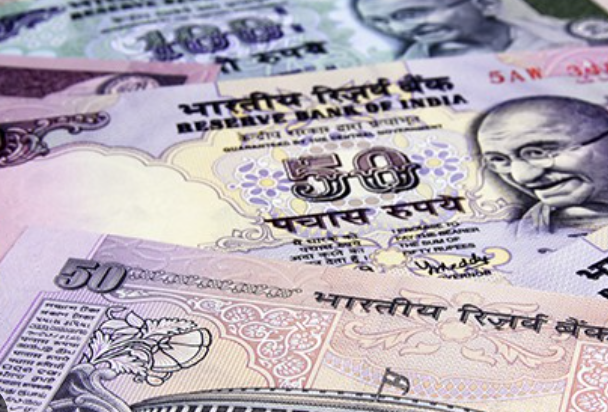$INR #IndiaEconomy #CentralBank #InterestRates #TariffWars #GlobalTrade #EconomicPolicy #FinanceNews #RateDecision #MonetaryPolicy
How Will India’s Steady 5.5% Rate Impact Your Wallet Amid Rising Tariff Threats?
In the latest update on India’s news, the Reserve Bank of India’s decision to maintain the interest rate at 5.5% aligns perfectly with prior forecasts by economic experts. This decision follows a substantial reduction of 50 basis points, a strategic move that had previously caught the markets by surprise.
Understanding the RBI’s Rate Decision
The Reserve Bank of India’s choice to keep the interest rate unchanged is a crucial signal to the markets and consumers alike. Particularly, it reflects a balanced approach towards fostering economic growth while managing inflation expectations in a turbulent global economic environment.
The Impact of Steady Rates on Consumers
For the average consumer, the steady interest rate means that loan interest rates will remain more or less constant. However, this stability can be a double-edged sword. On one hand, it supports borrowing and spending; on the other, it necessitates careful financial planning against the backdrop of potential increases in global commodity prices, especially if tariff threats escalate.
Navigating Through Global Trade Tensions
As global trade tensions, particularly those influenced by tariff threats, continue to simmer, the impact on India’s trade relationships and domestic market cannot be underestimated. The stable interest rates aim to cushion the economy, but businesses and consumers must stay vigilant. Adapting to changing trade dynamics will be key to maintaining economic stability.
Discover more about the impact of interest rates on stocks
The Broader Economic Outlook
Moreover, this steady rate is a component of a broader economic strategy. It aims at balancing out the negative impacts of international disputes while promoting domestic economic resilience. Businesses, especially exporters and importers, need to adjust their strategies to hedge against potential financial distress caused by fluctuating global trade policies.
Future Prospects and Consumer Advice
Looking ahead, consumers should monitor how these economic policies evolve in response to both internal and external economic pressures. Staying informed about the economic landscape will help in making more educated financial decisions, particularly in areas like investment and savings.
In conclusion, India’s steady interest rate amidst rising global uncertainties acts as a buffer, offering a semblance of stability. However, as the global economic narrative unfolds, particularly with looming tariff threats, staying proactive and informed will be crucial for financial well-being. Continuously adapting financial strategies in response to economic developments will not only safeguard personal finances but also potentially leverage opportunities that arise from economic fluctuations.
Explore investment opportunities in crypto
Final Thoughts
In such dynamic times, the role of consistent monetary policy as a tool for economic stability becomes more critical than ever. India’s central bank appears committed to navigating these challenging waters by making calculated decisions that consider both domestic and global economic indicators. As we move forward, the effectiveness of these policies will inevitably play out in the broader economic landscape, influencing everything from market performance to personal finance management.











Comments are closed.